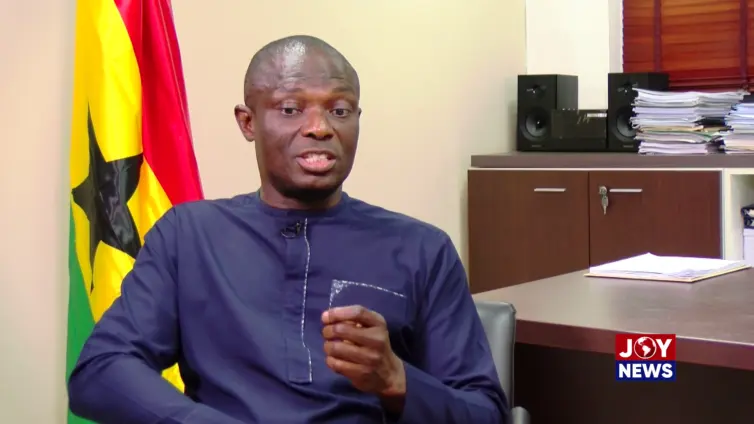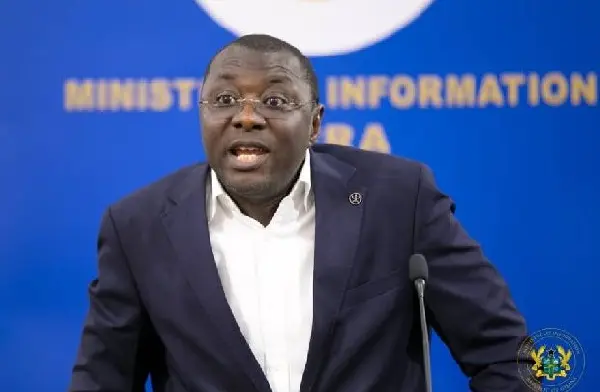The Ghanaian Cedi has recently experienced a period of relative calm, sparking debates about the factors contributing to its stability. While various narratives circulate, it’s crucial to understand the underlying economic forces at play. Professor Godfred Bokpin, a renowned economist, recently shared his insights on Citi FM, offering a nuanced perspective on the role of the New Patriotic Party (NPP) in fostering this stability. This article delves into Professor Bokpin’s analysis, outlining the specific policies he credits and examining the broader economic context that influences Ghanaian Cedi Stability.
Professor Bokpin’s analysis suggests a partial attribution of the Cedi’s relative calm to the policies enacted by the previous NPP government.
“To some extent, the NPP should be given some credit,” Professor Bokpin stated in the interview. He cited improved macroeconomic indicators and policy continuity as key reasons for this assessment. This acknowledgment, however, comes with a crucial understanding of the broader economic landscape and the influence of external factors, as we will explore further.
The International Monetary Fund (IMF) programme plays a significant role in shaping Ghana’s economic performance. Professor Bokpin pointed out that following December 2024, several key targets within the IMF programme were missed. However, he highlighted two notable exceptions: GDP growth, which exceeded the programme’s target at 5.7%, and the country’s international reserves.
“If you look at the data after December 2024, after the election under the IMF programme, we missed practically all the indicators, except for two. One was GDP growth, which was higher than the programme’s target…and the other was our international reserves.”
The accumulation of international reserves is particularly significant for currency stability, as it provides a buffer against external shocks and enhances confidence in the foreign exchange market.
A crucial element in bolstering these reserves was the Gold-for-Reserves programme, initiated by the previous administration. This innovative policy aimed to shore up Ghana’s foreign reserves by leveraging its gold resources. By exchanging gold for foreign currency, the government aimed to create a more stable foundation for the Cedi.
Professor Bokpin emphasized that the Gold-for-Reserves programme laid a foundation for the current administration to build upon, contributing to the relative stability observed in the foreign exchange market today. It’s important to note that this stability is not solely attributable to the actions of one government but is the result of sustained efforts and strategic policies implemented over time.
Policy continuity, particularly in the management of foreign reserves, emerged as a key theme in Professor Bokpin’s analysis. He noted that maintaining consistent strategies in this area has been instrumental in fostering stability in the foreign exchange market.
“Such policy continuity, especially in the management of foreign reserves, has contributed to the relative stability observed in the foreign exchange market.”
This underscores the importance of long-term planning and consistent execution in managing a nation’s currency. The current stability is a result of multiple factors and sustained efforts.
In summary, Professor Bokpin’s analysis suggests that the NPP’s policies, particularly the Gold-for-Reserves program and improvements in certain macroeconomic indicators, contributed to the observed Ghanaian Cedi Stability. He also highlighted the crucial role of policy continuity, especially in managing foreign reserves, as a key factor in maintaining this stability. However, it’s essential to recognize that various economic forces influence currency stability, and the current situation is a result of combined efforts and broader market dynamics.
Image Source: MYJOYONLINE





















